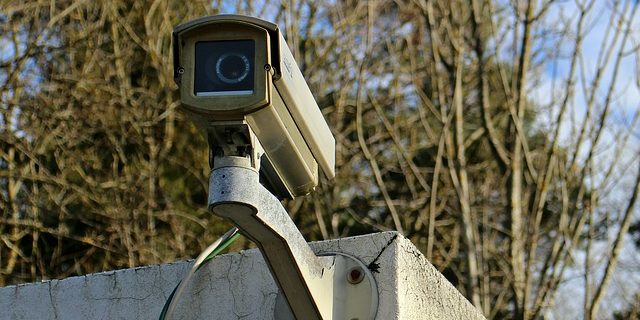In my previous blog post, I examined the various “ag-gag” laws across the country. These laws vary widely in their scope, intentions and effects. Some farmers living in states with these laws may fear they do not go far enough to protect against undercover activists. Farmers living in states without these laws may fear that without them, they are defenseless against smear campaigns against their livelihoods. Agriculture is a business, and just like any business, farmers need to proactively protect themselves from potential legal issues. Below are some suggestions that farmers could implement today that may help mitigate the disaster that is animal rights activism.
Paper trail and training
First and foremost, all agricultural employers should provide written guidelines on every action employees should undertake on the farm, coupled with appropriate training. In the case of animal rights activism, making sure that all employees understand how to properly care for livestock is an excellent safeguard for employers. These guidelines and training sessions should also include information that explicitly demand employees raise any concerns about animal abuse – or any other problem for that matter – with a supervisor or employer immediately. This kind of rule will prevent animal rights activists from being able to claim that abuse is rampant on a farm; if employees are not holding themselves and each other accountable, it is less likely that the employer can be responsible as well. That said, employers should always try their best to personally oversee operations to ensure that no improper actions are conducted. Additionally, employees should sign a notice indicating that they have read the written guidelines and received appropriate training. This way, animal rights activists or otherwise rogue employees cannot claim ignorance of the materials an employer provides.
Be your own ‘Undercover Boss’
In conjunction with creating a paper trail that proves vigilance in caring for animals, employers should consider installing cameras on their property in areas where employees will likely handle livestock. While this can be expensive, having your own video evidence to combat the claims of the significantly altered activist videos can provide necessary context. Also, having this kind of video evidence is beneficial to the entire animal agriculture industry, as consumers could have the opportunity to see what really happens on farms. Perhaps if consumers better understood what farming operations really look like, they would swallow sensationalist claims from agenda-driven animal rights organizations less readily.
Public defamation is already illegal
Now let’s assume that despite an employer’s best efforts, an undercover activist infiltrates a farm and releases a video that portrays out of context activities as abuse. Employers should not be afraid to sue the activist for defamation. These undercover videos can completely destroy the livelihoods of farmers. If an employer can prove – perhaps through the measures mentioned above – that no abuse has occurred on the farm, or that appropriate measures have been taken to eliminate abuse therefore placing liability on the individual abuser, then that is simply fantastic. But the damage that arises from public defamation can be absolutely devastating to farmers and their families, not to mention public perception of animal agriculture as a whole. Many animal rights organizations see economic benefit from jumping from one issue to the next, as Chris DeRose – a fringe animal rights activist himself – points out in an interview with an animal rights terrorist organization. These organizations profit dramatically every time a new video or other public outreach campaign creates a national firestorm. Because we can connect economic benefit to defamation, it is even possible to claim that these organizations violate the Economic Espionage Act of 1996. Granted, this act has historically always been employed in cases of data theft, usually involving an individual attempting to sell or otherwise transfer trade secrets to foreign corporations. However, the text of the law could be interpreted to apply in this circumstance as well. Any attorneys out there? Just some food for thought.
Closing thoughts
With or without “ag-gag” laws, employers can disincentivize activists from even trying to erroneously accuse hardworking farmers. If there is real abuse, then employees should report it immediately so they and their employers can find a solutions to correct the problem. However, the likelihood of discovering real animal abuse on farms is far lower than animal rights organizations would like the public to think. Animal care is the number one priority on my family’s farm, and for all other farm families. At the end of the day, I hope my suggestions can help farmers effectively reduce the likelihood of being the target of an undercover activist while also improving the public perception of animal agriculture.
All posts are the opinion of the author and do not necessarily represent the view of the Animal Ag Alliance.









